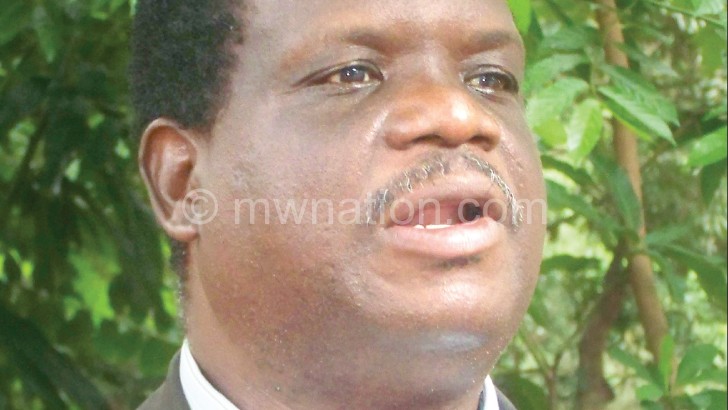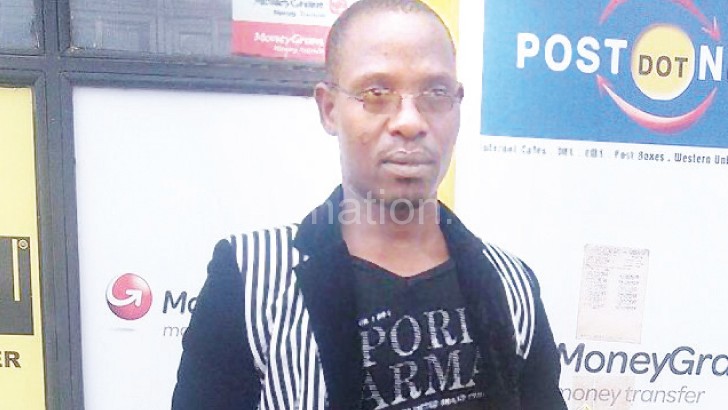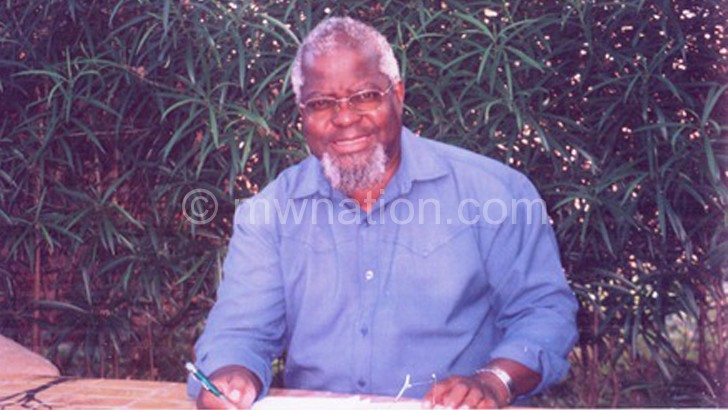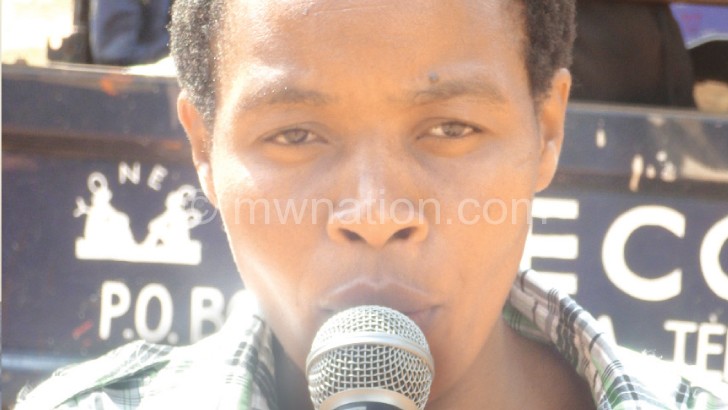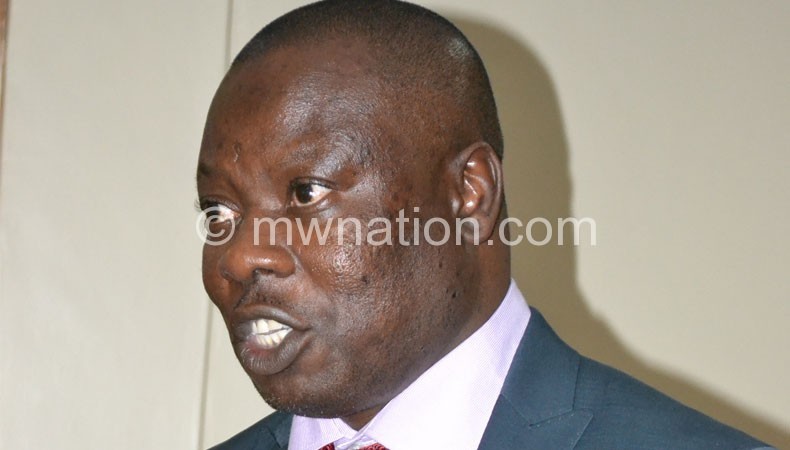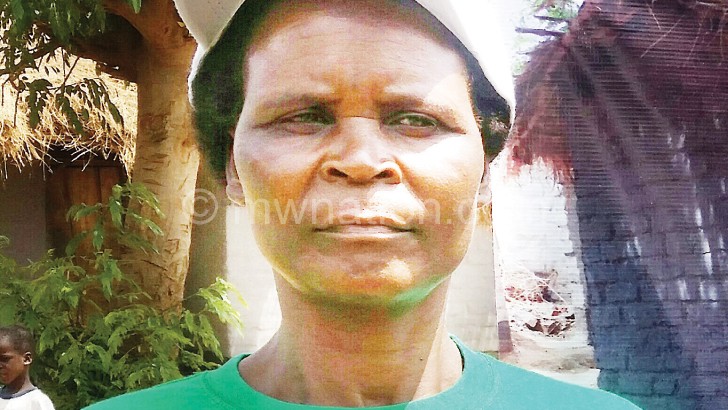The Small and Medium Enterprises Association (Smea) has described 2015 as a mixed bag for small and medium enterprises (SMEs) which had great opportunities, but some disappointments mainly due to the ailing economy.
“The year 2015 gave hope to SMEs mainly because we saw and appreciated government’s efforts to engage the sector in most issues related to SME development. For example, Smea sits in several technical working groups initiated by the government such as manufacturers, access to finance, skills development, Malawi Bureau of Standards committees and the Buy Malawi Campaign,” said Smea president James Chiutsi in an interview on Sunday.

He added that they were encouraged by the validation of the SME policy, which, if implemented, would have a significant positive impact on the SME sector.
“We just urge the government not to allow the policy to gather dust as has been the case with other similar initiatives,” he said.
However, Chiutsi bemoaned the business climate as punitive for SMEs.
“Rising bank rates, the fall of the kwacha leading to the rise in the cost of production, the unfavourable tax regime for SMEs, frequent power outages have all negatively affected SMEs productivity and several SMEs have been forced to close shop,” he said.
Chiutsi also bemoaned the lack of financing avenues, arguing that apart for a few institutions, most financial institutions have not been able to bring forth creative products for SMEs.
“It’s a surprise that with Malawi being an agro-based economy, banks do not support loans to several agricultural activities, especially farming. If commercial banks find this sector risky, it is the government’s responsibility to come in and help, otherwise one cannot envisage how the economy will develop.
“The country’s agricultural productivity must improve through proper support systems otherwise relying on subsistence farming to develop the country is not realistic,” he said.
Meanwhile, Smea says it will embark on a number of projects to avoid suffocating more SMEs in the year ahead.
“Smea maintains the view that in order to develop SMEs, the Department of SMEs in the Ministry of Industry and Trade needs to be fully capacitated. This will ensure that issues affecting SMEs are not dwarfed by large players who also demand the attention of the ministry.
“Smea wants to develop visionary SMEs that can help the country to stop importing merchandise that can be locally produced, at the same time be able to export them,” he said.
Ministry of Industry and Trade spokesperson Wiskes Nkombezi said government has put in place policies and initiatives that aim at promoting and developing a vibrant SME sector.
“We have developed a number of initiatives like the Business Linkages Fund to ensure the sector has access to finance which is currently progressing well. We know the role that SMEs play in our economy, hence the need for collaboration between government and all the stakeholders in the drive towards SMEs growth,” he said.
The Malawi Confederation of Chambers of Commerce and Industry (MCCCI) Business Climate Survey Report 2015 has, however, predicted a gloomy year ahead for the business community following what it says is a weaker and inconsistent implementation of relevant policy interventions that have a bearing on the private sector due to financial gaps in the 2016/16 National Budget which has little hopes for donor’s support.
Malawi recently registered an improvement on the World Bank Doing Business Report (2016) by jumping three steps to 141 from last year’s 144 despite slipping three steps on the World Economic Forum Global Competitiveness Index to 135 out of 145 economies.n

